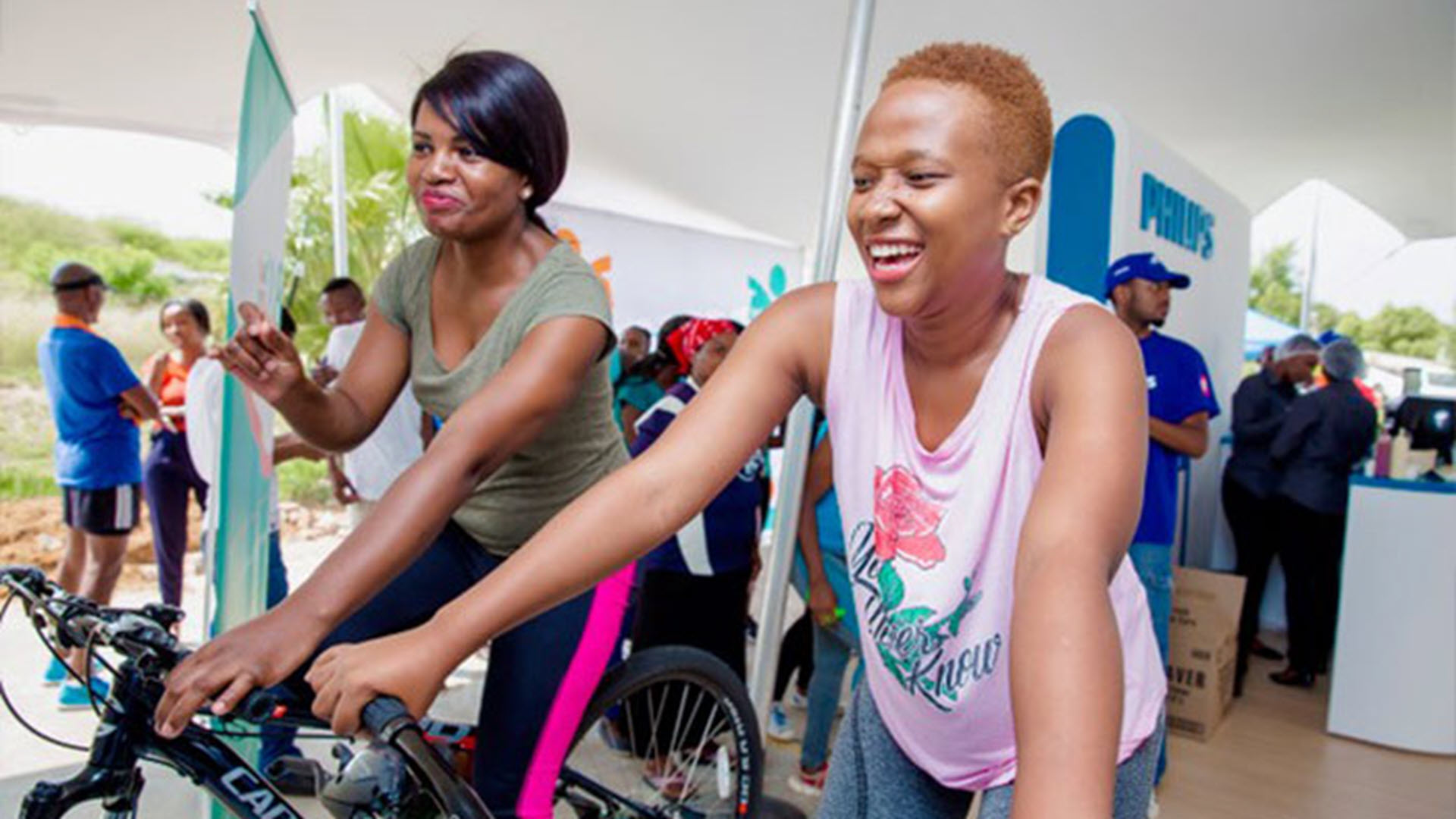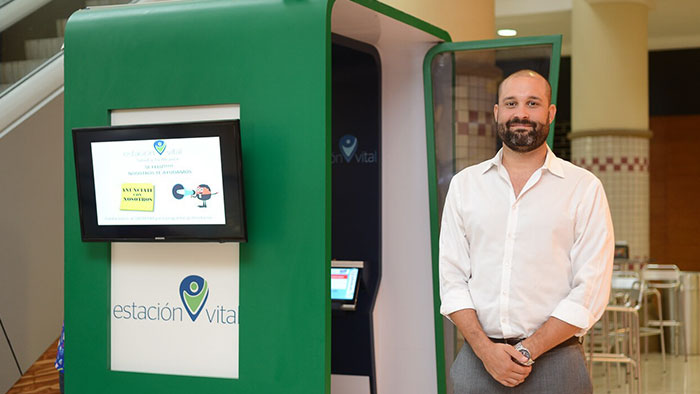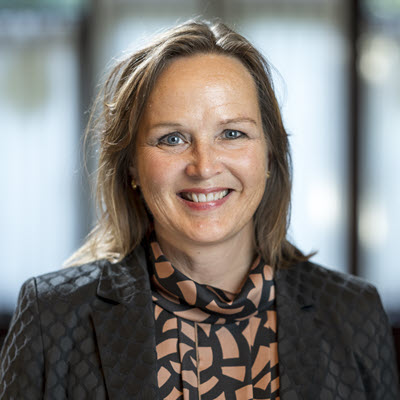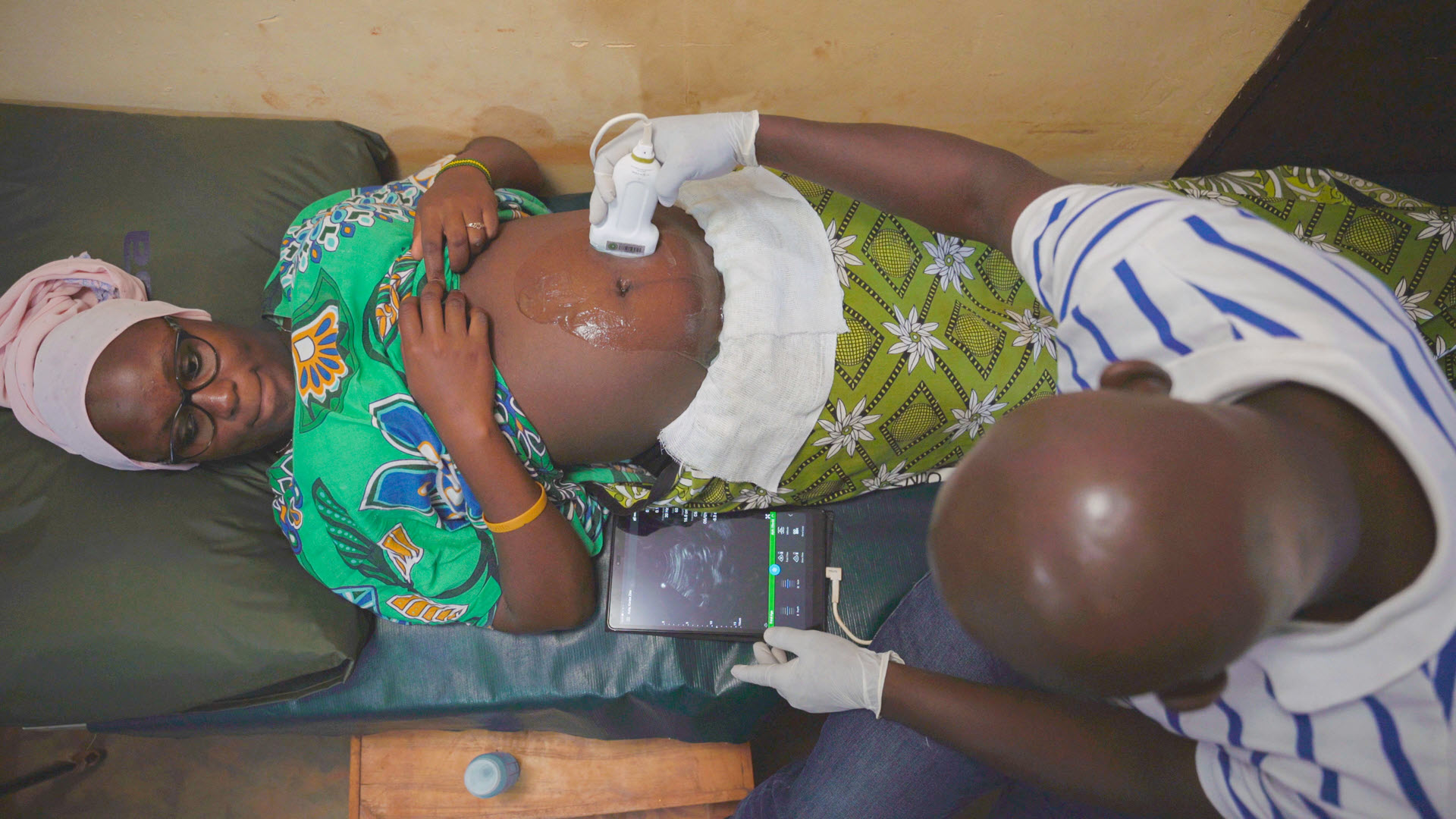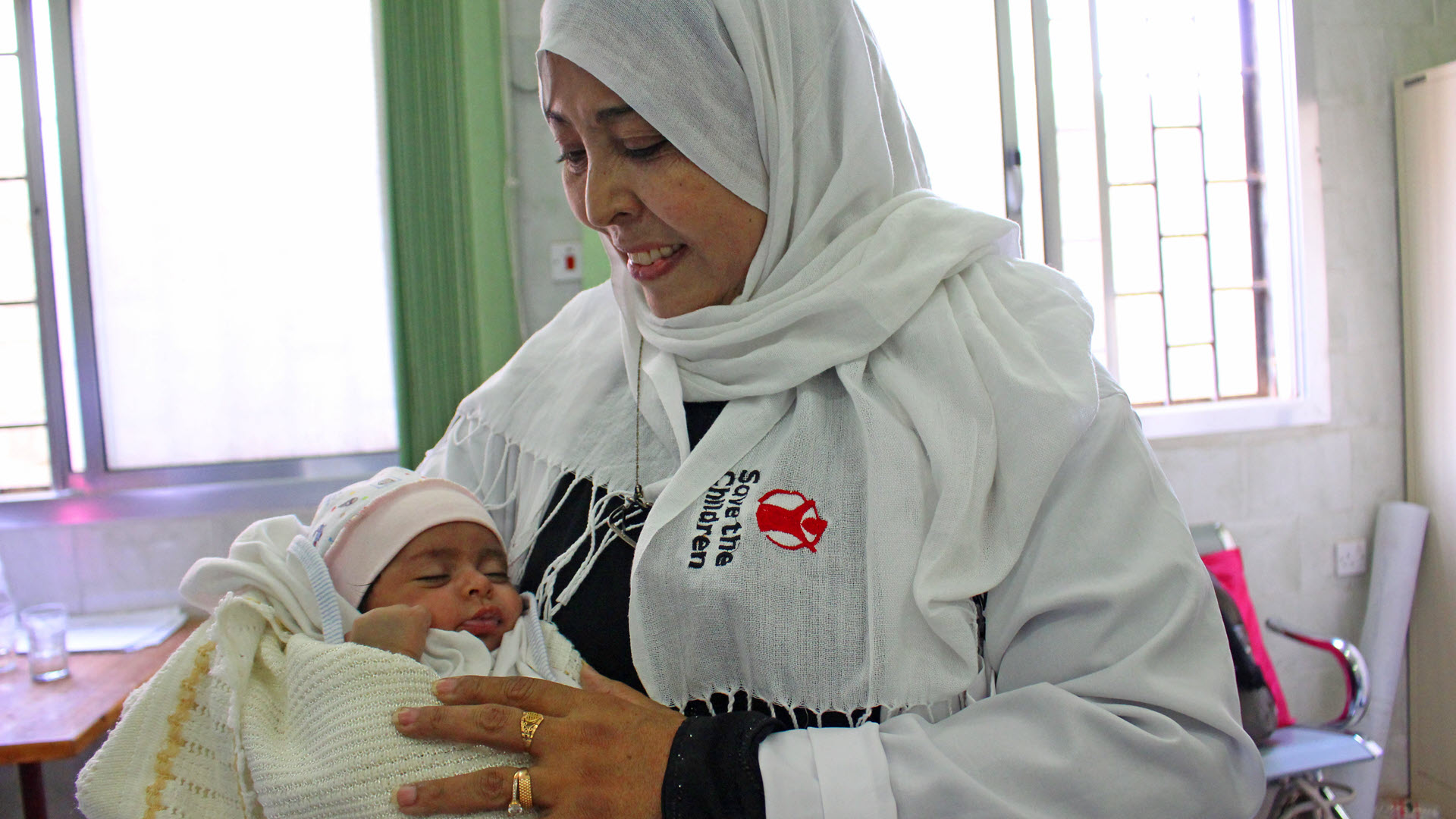‘Living a healthy life’ is considered more and more important. A healthy lifestyle proves to be one of the essential factors in preventing serious diseases such as cancer, lung malfunctioning, diabetes, and other cardiovascular diseases. These so-called non-communicable diseases (NCDs) are related to habits such as tobacco and alcohol use, an unhealthy diet, or physical inactivity [1].
NCD-induced conditions can weaken the immune system, exacerbating symptoms or causing complications from external hazards such as COVID-19 [2]. This is an additional risk for people already suffering from severe NCDs.
With better access to antibiotics, antiparasitic agents, vaccines, and preventive measures like awareness and access to clean water, many infectious (or: communicable) diseases have been addressed more prominently [3]. While in the case of NCDs, the number of people affected is increasing worldwide.
According to the WHO [1], more than 85% of premature deaths from NCDs occur in low and middle-income countries. This number even predates the current pandemic. In high-income countries, NCDs typically happen later in life. In developing countries, these severe health conditions often affect people already in their working-age, leading to – on top of everything – financial insecurity when they are unable to work.
Prevention and immediate response
At the Philips Foundation, we focus on improving access to quality healthcare for the underserved through meaningful innovation and sustainable solutions.
Considering a healthy lifestyle and preventive measures as critical factors in addressing NCDs, I believe that is where interventions should start: showing inspiring ways to reduce the chance of becoming ill and educating people unaware of the risks. This still is missing at scale throughout the world. Besides that, in case of potentially running a risk, early assessment and diagnosis are essential to limit the consequences and increase the chance of recovery.


